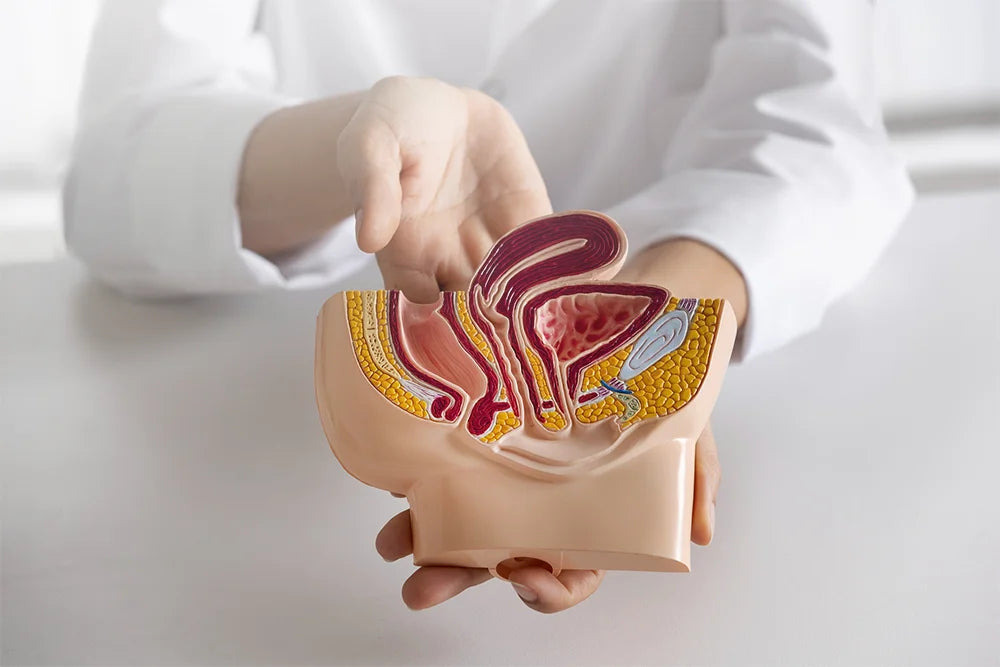
Kidney Care: The Importance of Hydration in Renal Health
You've likely heard the common advice about drinking eight glasses of water a day, but have you ever considered the profound impact this has on your kidneys? Proper hydration is a key player in maintaining renal health, helping your kidneys filter waste more efficiently and regulate body fluids. However, it's a delicate balance; both dehydration and overhydration can lead to serious kidney damage. Imagine if merely adjusting your fluid intake could optimize your kidney function and overall health. Intriguing, isn't it? Let's dive into this vital topic together.
The role of hydration in renal health
Your kidneys' health heavily depends on proper hydration. They can't filter your blood efficiently without enough water, leading to many health complications. But don't worry; maintaining a healthy fluid balance is easier than you think. It's all about being mindful of your hydration habits and knowing where to get your water sources.
First, let's talk about hydration tips. Aim to drink about eight 8-ounce glasses of water daily, but remember that your needs may vary depending on your body weight, physical activity level, and climate.
Be sure to drink when you're thirsty! Thirst is a sign that your body is already dehydrated. Next, consider your water sources. While plain water is the best source, you can also get hydration from beverages like tea, coffee and even foods like fruits and vegetables. Just be cautious of drinks high in sugar or caffeine.
Relationship between fluid intake and kidney function
With your hydration habits in check, let's focus on the direct impact of fluid intake on kidney function. Your kidneys play a pivotal role in maintaining fluid balance in your body. They filter all your blood, removing waste and excess water.
When you're well-hydrated, your kidneys can perform this filtration process more efficiently. They don't have to work too hard to balance your body's fluids. But if you need to drink more, your kidneys may have to work overtime to maintain fluid balance. Now, hydration comes from more than just drinking water by using a smart water bottle like WaterH Boost. There are various hydration sources that you can utilize to help your kidneys. Here are a few:
- Fruits and vegetables: Many are high in water content, helping you stay hydrated.
- Soups and broths: These can provide a good hydration source, especially in colder climates.
- Herbal teas: They're an excellent choice if you crave something different from plain water.
- Water-rich foods: Foods like yogurt and cottage cheese can also increase your hydration.
Effects of dehydration and overhydration on kidney health

Balancing your body's water intake is a tightrope walk that directly affects kidney health. Too little water and you're looking at dehydration, too much and overhydration becomes a threat. Both extremes pose serious risks to your kidneys.
Dehydration symptoms can range from mild, like thirst and dry mouth, to severe, such as dizziness, confusion, and rapid heartbeat. When dehydrated, your kidneys must work overtime to filter out toxins. Continual dehydration can lead to kidney damage, as the organs struggle to perform without sufficient hydration.
Conversely, consuming excessive quantities of water can lead to overhydration. This condition dilutes electrolytes in the blood, particularly sodium, which can disrupt cell function.
While your kidneys typically regulate water levels, they can't always keep up when you drink too much, too fast. Overhydration risks also include kidney damage, as the organs become overwhelmed by increased fluid volume.
Practices for staying hydrated for renal health
Although maintaining proper hydration may seem like a tricky task, it's essential for keeping your kidneys in top shape. Adopting effective hydration strategies can make a significant difference in your renal health. Here's how you can do it:
- Keep track of your daily intake: Monitoring the amount of fluids you consume daily is crucial. The general recommendation is about 2-3 liters of fluid per day, although this may vary depending on your activity level and other factors.
- Choose your fluid sources wisely: Not all fluids are created equal. Water is your best bet for staying hydrated. You can also include herbal teas and fresh fruit juices, but steer clear of sugary drinks and alcohol as they can dehydrate you.
- Eat water-rich foods: Cucumbers, watermelon, and oranges contain high amounts of water and can contribute to overall hydration.
- Listen to your body: Thirst is your body's way of telling you you need to hydrate. Please don't ignore it. Also, pay attention to the color of your urine. If it's dark, you likely need to drink more.
Managing your hydration doesn't have to be hard. With these tips, you'll be well on your way to better renal health.
Special considerations for kidney patients
Your hydration requires extra attention if you're dealing with a kidney condition. Dietary adjustments become crucial, as some fluid sources may exacerbate your condition. Maintaining an electrolyte balance is also essential to prevent further kidney damage. Let's take a quick look at a few important considerations:

Conclusion
So, it's clear that hydration is key to kidney health. Drinking at least eight glasses of water daily helps your kidneys work efficiently, preventing dehydration and overhydration. Adjust your fluid intake based on your activity levels and health needs. Including water-rich foods in your diet can also boost hydration. For kidney patients, it's particularly vital to stay properly hydrated. By doing so, you're supporting your kidneys and enhancing your overall well-being. And staying well hydrated and keep healthy by following with WaterH.
















